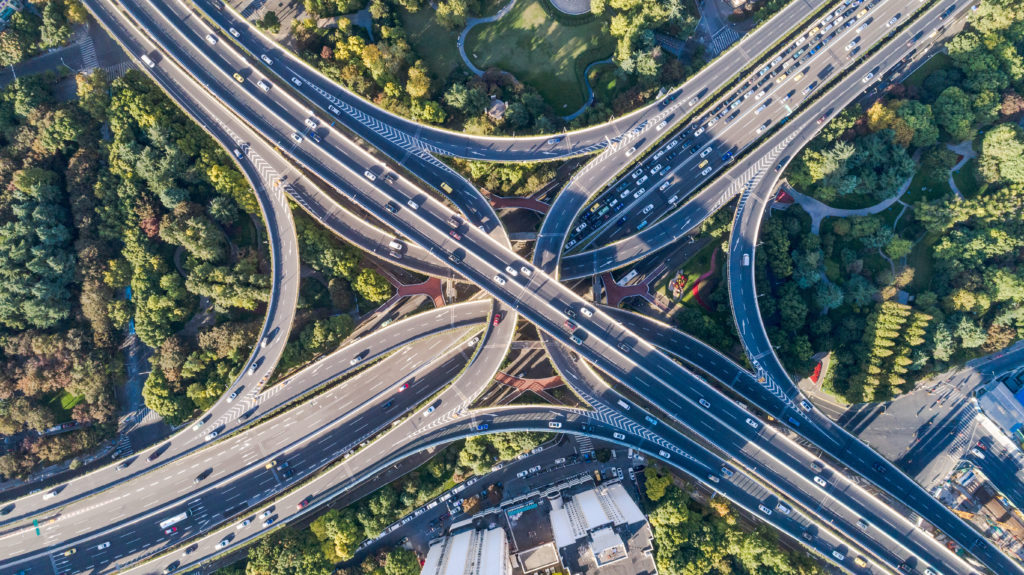Currently, federal policymakers are considering potential comprehensive highway policy legislation. In this case, bipartisanship is key, explained the top Republican on the United States Senate transportation committee, Senator Shelley Moore Capito of West Virginia.
Moore Capito also currently serves as the ranking member on the Environment and Public Works Committee.
According to her, the panel will only be able to come up with an effective and efficient multi-year highway policy bill that serves everyone involved if it has the necessary input from both republicans and democrats. The current premier highway law in place will expire in September of this year.
For support in the updating of the current law in place, republicans would need to see cooperation from lawmakers in regards to policy and funding belief differences. For example, House and Senate majority democrats have explained that the modernization of all transportation systems would have to come at the hands of particular transportation legislation that focuses strongly on helping to ease the effects of climate change. For Republicans, surface transportation corridor repair-focused legislation is the most important subject needing legislation consideration.
In terms of transportation program funding, neither republicans nor democrats have approved any potential method or strategy.
“We need the give and take of this bipartisan process to produce legislation that can make it to the president’s desk,” explained Moore Capito earlier in Spring. “It will take work from all levels of government and the private sector to meet the nation’s transportation infrastructure needs. We will have to take an all hands on deck approach.”
Moore Capito is looking to find the securement of long-term funding for highway systems across the nation, and plans to back the allocation of resources for infrastructure technology enhancement across all areas of the sector. Additionally, she is currently proposing a potential highway bill that would boost connectivity along freight corridors, enhance transportation project safety and capacity, and boost commuter mobility options for all methods of travel.
Republicans and democrats alike have been concerned about the overall longevity of the Highway Trust Fund, which relies on federal fuel tax revenue and aims to help state transportation agencies in regards to construction, repairs, and upgrades among bridges, transit, and roads. For what is currently needed in these regards, the 24.4 cents-per-gallon diesel tax and 18.4 cents-per-gallon gas tax revenue will not be enough.
The general fund has had to cover shortages from the trust fund’s revenue since 2008.
“Funding our infrastructure should not be a political battle,” said House Transportation and Infrastructure Committee ranking member, Sam Graves. “It’s time to set a definitive path toward the long-term sustainability of the Highway Trust Fund, a path that is totally funded by all users of the system and not by insufficient gas taxes and deficit spending. This is how we realize the transformative projects everyone wants to accomplish.”
Moore Capito is also receiving support from other senators, especially for the updates needed in the United States’ highway legislation. Senator Tom Carper of Delaware noted that he plans to set in place a potential highway bill that would likely be implemented sooner than later. Carper also currently serves as the panel’s chairman.
“We’re told that the average number of years a vehicle has on the road is about 15 years, so we’re going to be using gas and diesel for some time, but by less going forward,” Carper explained. Because of this, the panel has been looking to implement alternative revenue streams that would be user-based and able to bring in further transportation program funding.
The trust fund’s shortcomings are only getting worse, many stakeholders have claimed. This deficit could even lead to late payments for completed work in many states.
“Unless additional revenues or transfers are authorized, the [Highway Trust Fund] could diminish to the point that the U.S. Department of Transportation may have to delay payments to states for completed work,” explained National Conference of State Legislatures transportation program director, Douglas Shinkle. “Late payments or reduced federal transportation spending to accommodate for the shortfall is not an option for states.”
To fund portions of his $2.25 trillion infrastructure plan, President Joe Biden has proposed a corporate tax rate raise from 21% to 28%. This kind of funding would hopefully eradicate the need for a potential national vehicle miles travel fee that would charge motorists for each mile they drive.
“Fundamentally, he does not believe that paying for this historic investment in rebuilding our nation’s infrastructure and creating millions of jobs should be on the backs of Americans.” said Jen Psaki, White House Press Secretary.

Reader Interactions